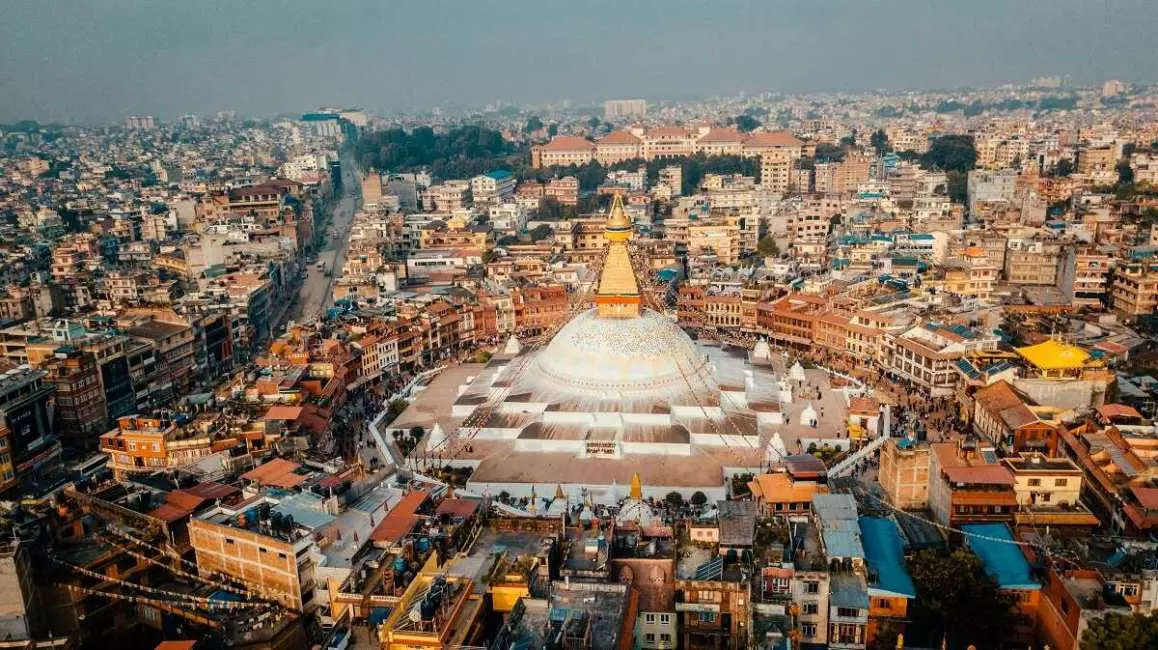Here’s a more detailed breakdown of essential travel tips for Kathmandu:
Before You Go:
- Visa: Check visa requirements based on your nationality, as some nationalities require a visa for entry into Nepal.
- Travel Documents: Ensure your passport is valid for at least six months beyond your intended stay and that you have a copy of it, as well as other important documents.
- Health: Consult your doctor about necessary vaccinations and medications, and take precautions against altitude sickness if planning to trek.
- Currency: Carry Nepalese Rupees (NPR) as credit and debit cards are not widely accepted, especially outside of Kathmandu.
- Packing: Pack light, but include layers for varying temperatures, waterproof gear, and comfortable walking shoes.
- Emergency Kit: Keep an emergency kit with first-aid supplies, bottled water, and any necessary medications.
- Travel Insurance: Ensure you have comprehensive travel insurance that covers medical emergencies and other unforeseen circumstances.
While in Kathmandu:
- Transportation: Familiarize yourself with local transportation options, such as buses, taxis, and tuk-tuks.
- Accommodation: Book your accommodation in advance, especially during peak season.
- Food and Drink: Be cautious about street food and always drink bottled or purified water.
- Dress Code: Dress modestly, especially when visiting temples and monasteries, and avoid wearing revealing clothing.
- Bargaining: Don’t be afraid to bargain, especially when shopping in markets.
- Respect Local Customs: Be mindful of local customs and traditions, such as removing shoes before entering temples and not using your left hand for eating or giving/receiving items.
- Safety: Be aware of your surroundings and take precautions against theft and scams.
- Emergency Preparedness: Be aware of Nepal’s natural hazards, such as earthquakes and landslides, and know how to respond in an emergency.
- Time Zone: Nepal observes Nepal Standard Time (UTC+05:45), which is 45 minutes ahead of Indian Standard Time.
- Souvenirs: Consider purchasing traditional Nepalese handicrafts, such as Thangkas, singing bowls, or rice paper notebooks.
- Be Mindful of the Environment: Respect the local environment and avoid littering or harming wildlife.

